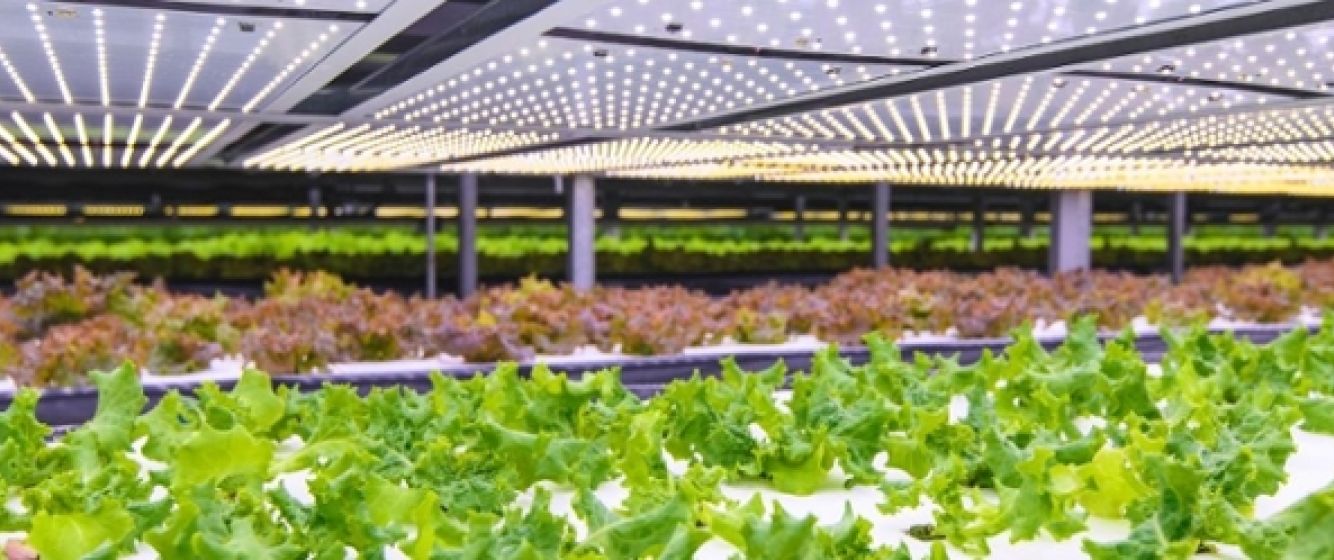Developed by consortium partner Leiden University College The Hague (LUC), Humanities Across Borders presents the "Sustainability, Climate Change, and Food" minor for undergraduate students from Leiden University and other Dutch higher education institutions. By placing food at the centre of investigation and inspired by the HAB methodology, this minor explores current-day debates on political, environmental, economic and cultural change at both the local and global levels.
About Minor
Taught by Leiden University College staff, this minor is specifically designed to appeal to a wide range of undergraduate students from the natural and social sciences and the humanities (BA & BSc), with its multi-disciplinary approach introducing students to perspectives that will enrich and broaden their chosen studies. This will enable those who choose this minor to identify patterns across disciplinary and geographical borders and transform how one perceives possible solutions to complex problems.
The minor draws from the Humanities Across Borders (HAB) program led by the International Institute of Asian Studies in Leiden, of which the LUC is a strategic partner. HAB involves a large network of university partners across Asia, Africa, Latin America, North America, and Europe. This provides a source base for courses in the minor that make use of pedagogical innovations such as engaging with our immediate environment in The Hague, practice-based workshops, policy roundtables, and engagement with experts and policymakers.
This minor critically examines the complexities of food sustainability through ecological, socioeconomic, political, and cultural systems. Challenges and threats at a global level impact our social reality locally. The war in Ukraine has demonstrated the vulnerability of specific supply lines for staple products such as grain and sunflower oil. At the same time, global environmental change increases farmers' vulnerability around the globe. Over the past decade or more, there were concerns that financial speculation was artificially driving up prices for selected products. For several decades before that, Western narratives of the dangers of overpopulation growth illustrated the socioeconomic inequalities behind global food flows. Analysing those complexities requires the involvement of the natural and applied sciences (biology, ecology, earth sciences), the social sciences (anthropology, sociology, international relations, economics), and the humanities (history, philosophy, cultural studies).
The study of food production, distribution and consumption opens up crucial questions related to a changing climate, water and soil quality, and disease, as well as the issues of social injustice, violence and war, historical legacies, and cultural traditions and norms. These challenges are shared at the global level but create diverse realities at the local level depending on specific circumstances.
Learning goals
- Understand the meaning of sustainability from different disciplinary perspectives;
- Identify and investigate the various stakeholders involved in managing sustainable food systems;
- Identify and analyse the environmental impacts of food production and consumption at the global and local level;
- Identify key issues related to the nexus between climate change, sustainability and food production;
- Examine legal frameworks related to food sustainability;
- Compare and contrast industrial and indigenous attitudes to sustainability;
- Analyse connections between cultural behaviour, cultural diversity and food sustainability.
Structure
The minor consists of 6 courses of 5 ECTS each and takes place during the first semester. The semester is divided into two blocks of eight weeks. Each block corresponds to a track (Block 1: 'Production, distribution and Consumption' and Block 2: 'Natural Resources, Rights and Conflict') and each track is made up of three courses.
The minor courses will take place in the auditorium of Leiden University College The Hague (Anna van Buerenplein 301, The Hague).
For more information on the minor course, go to the official LUC course page or contact [email protected]

